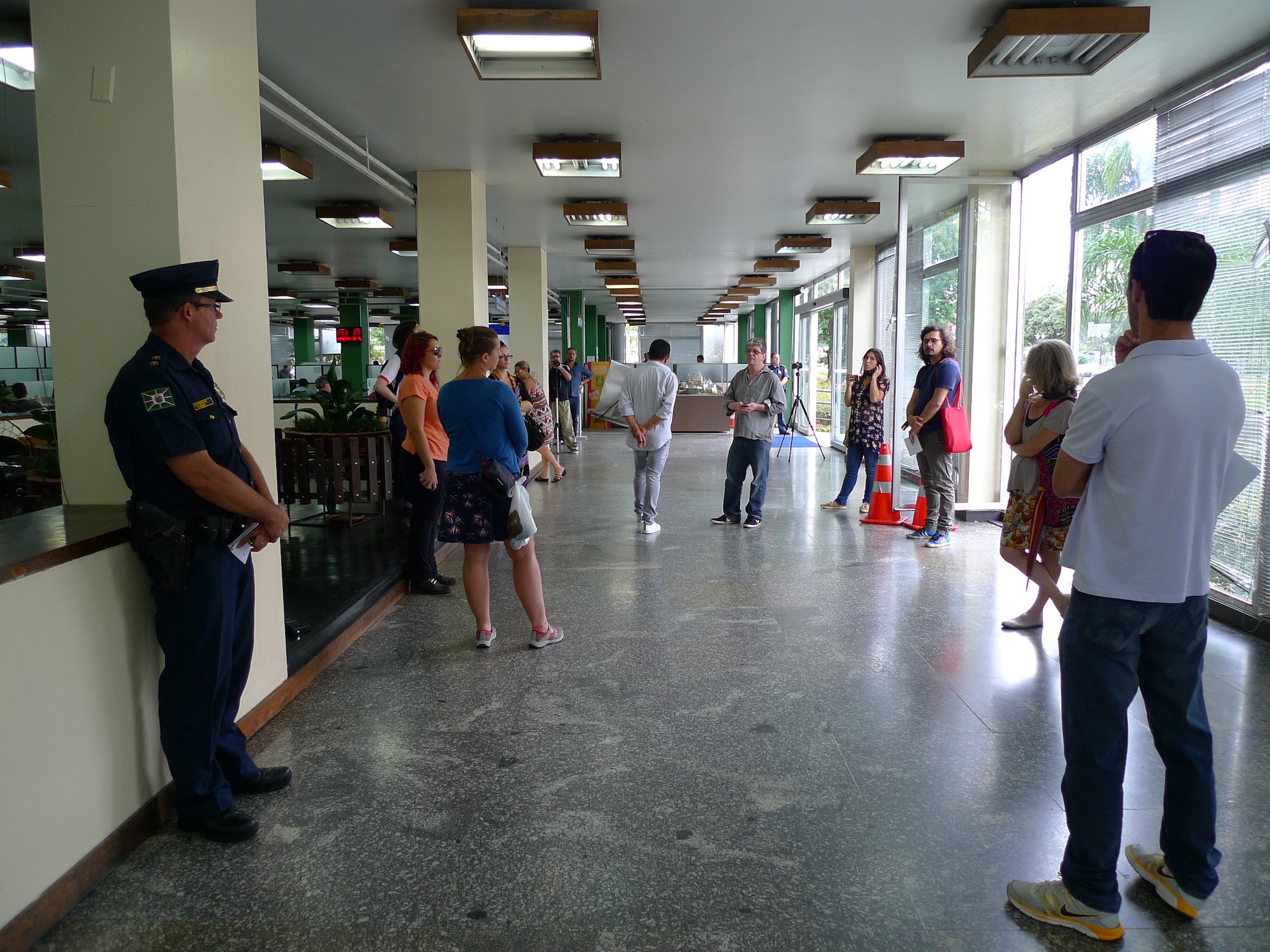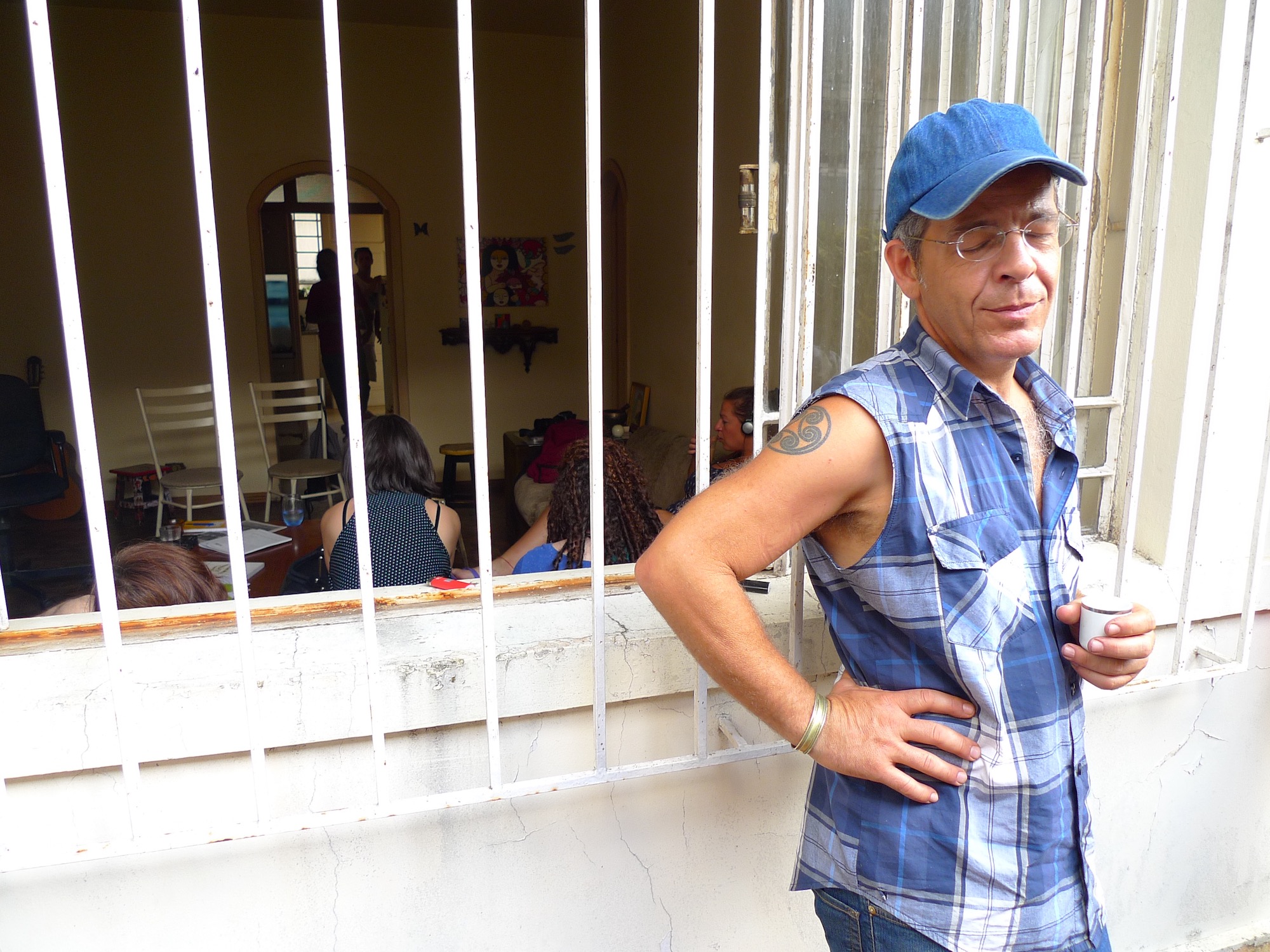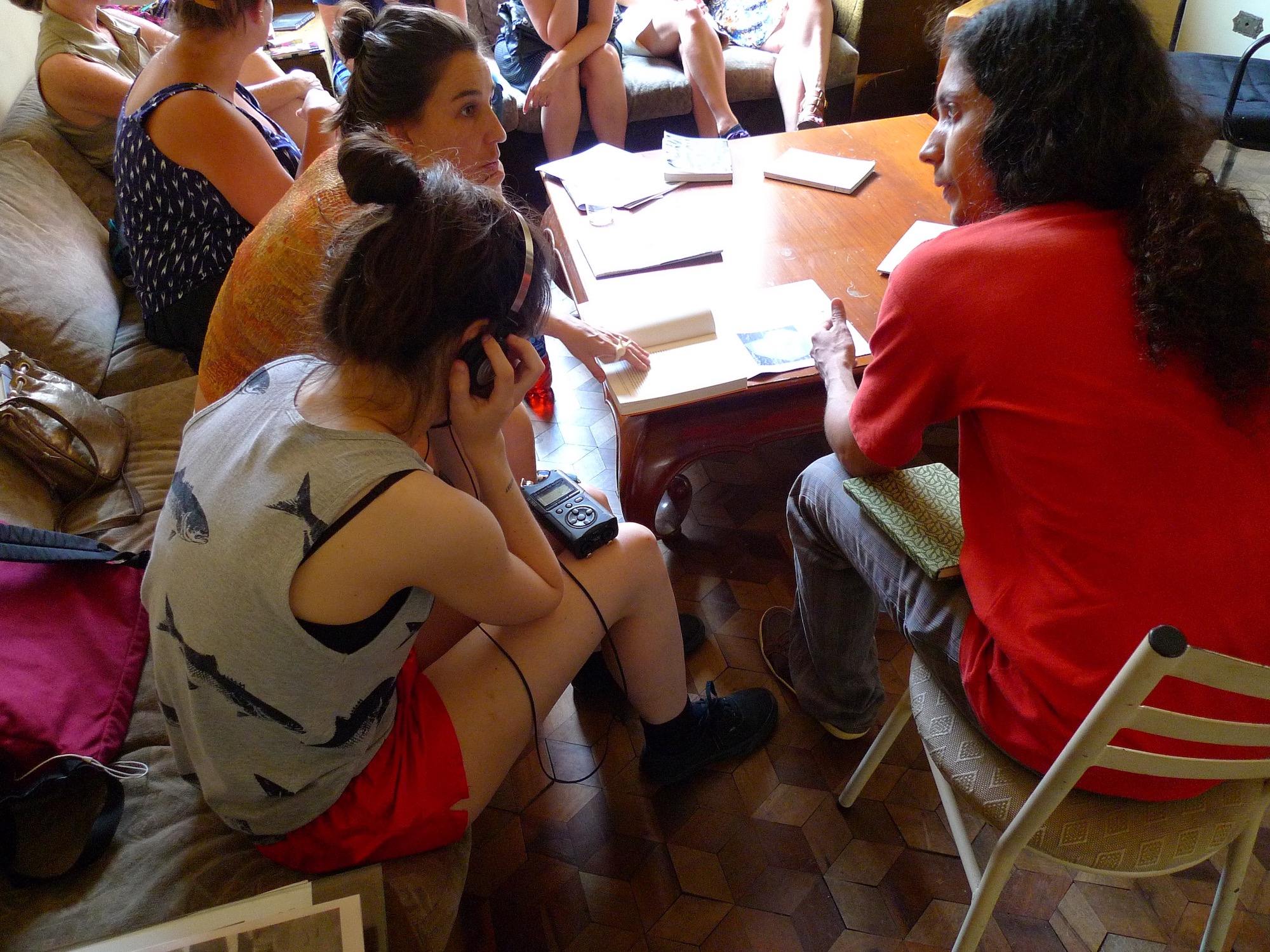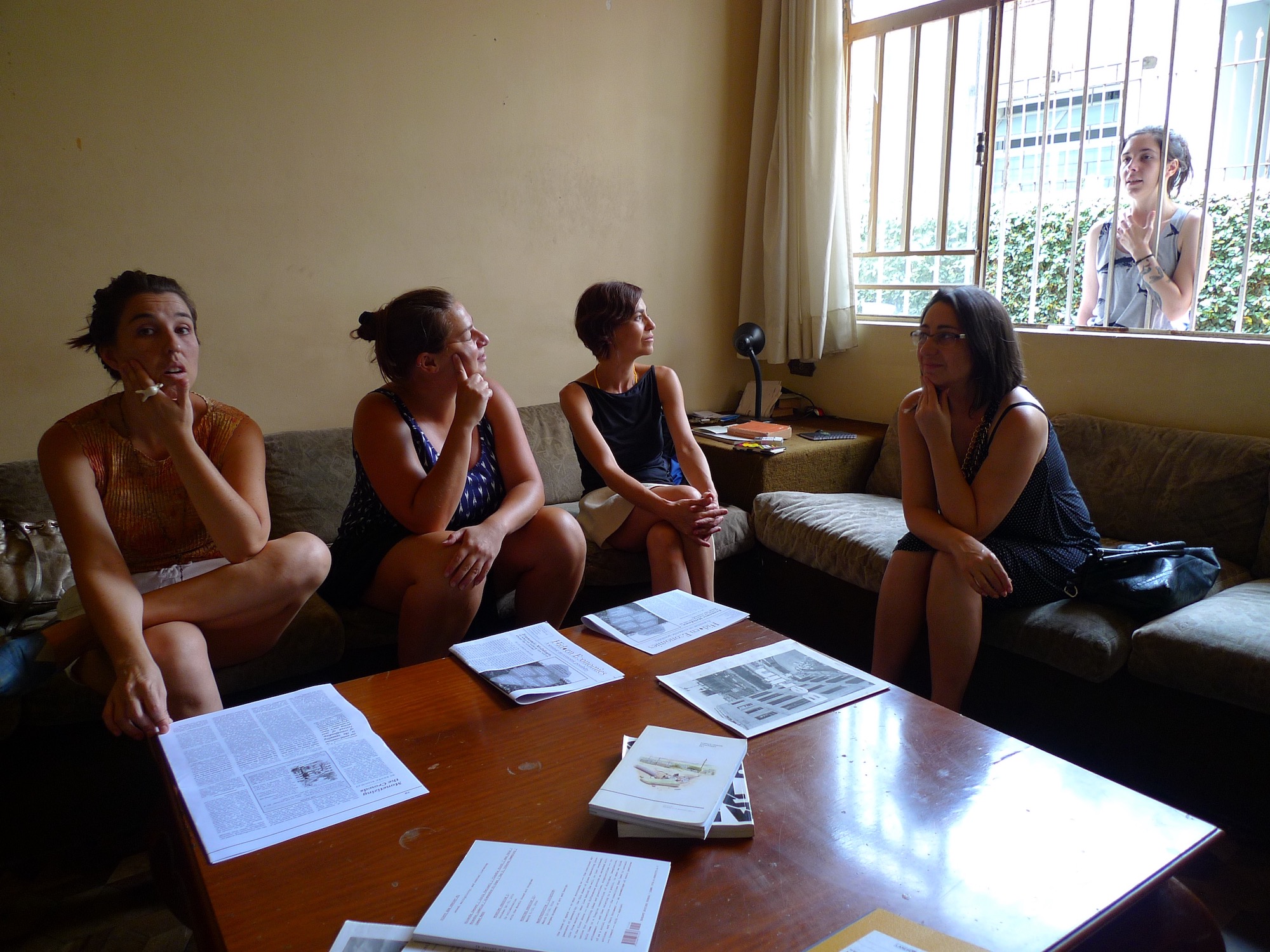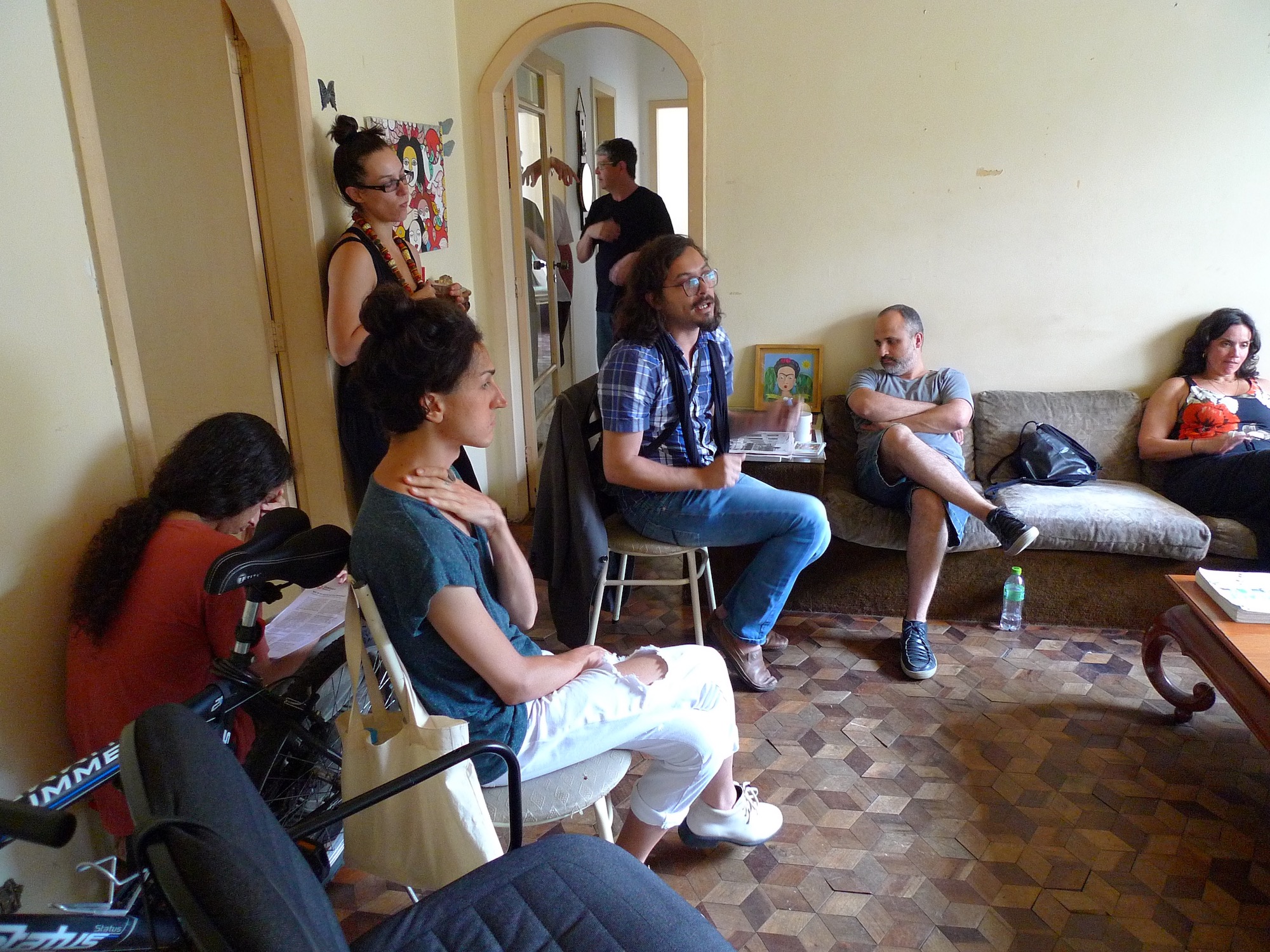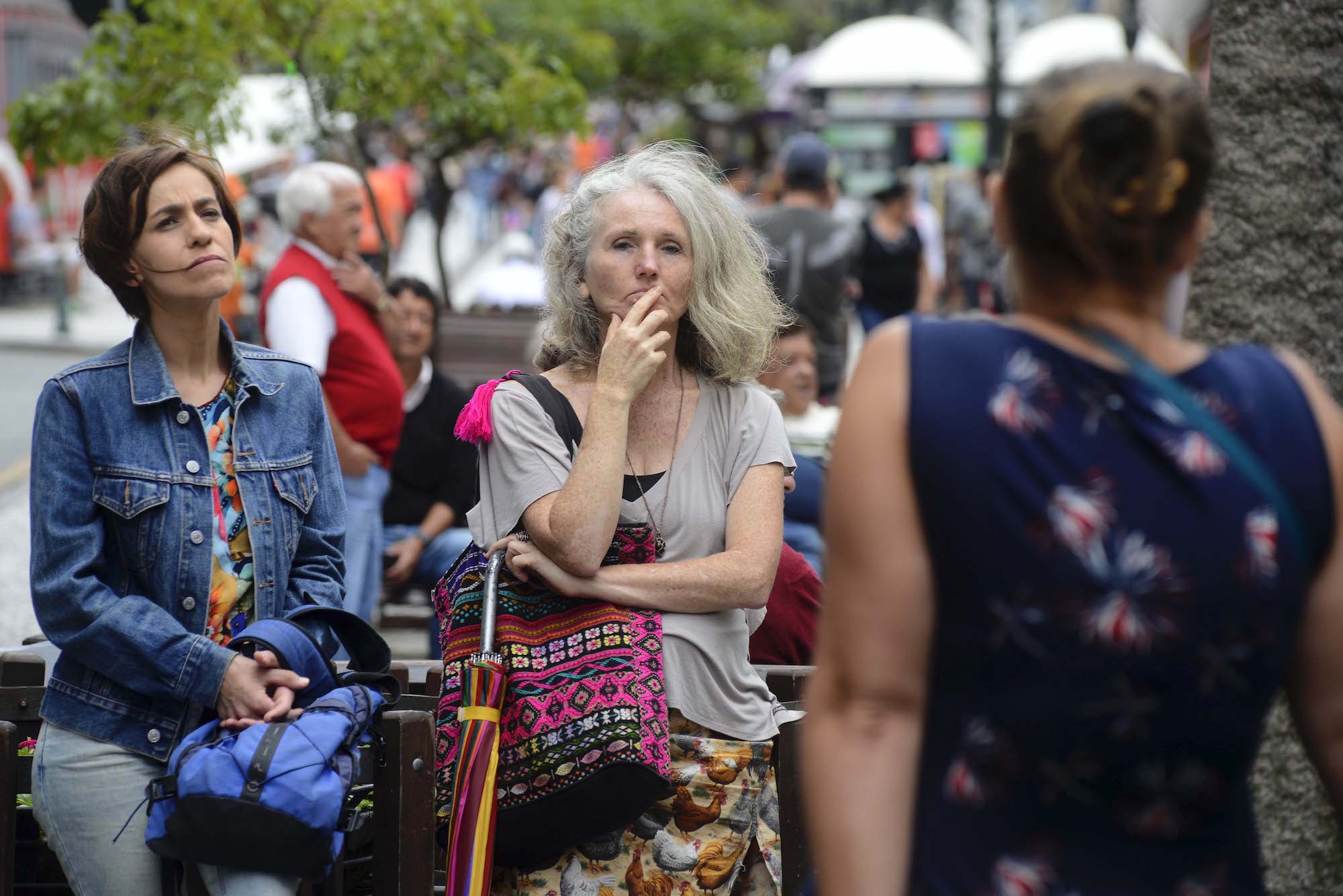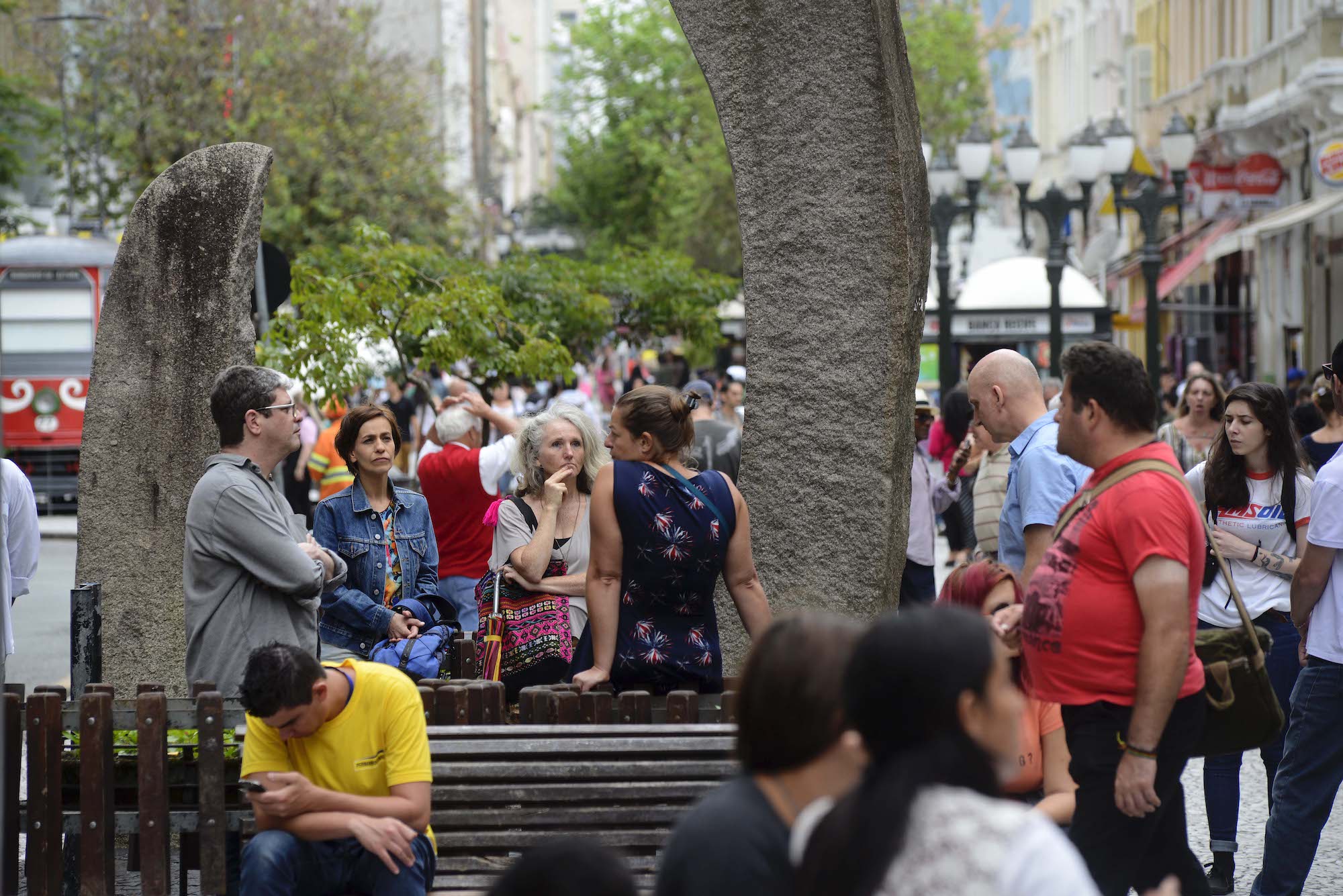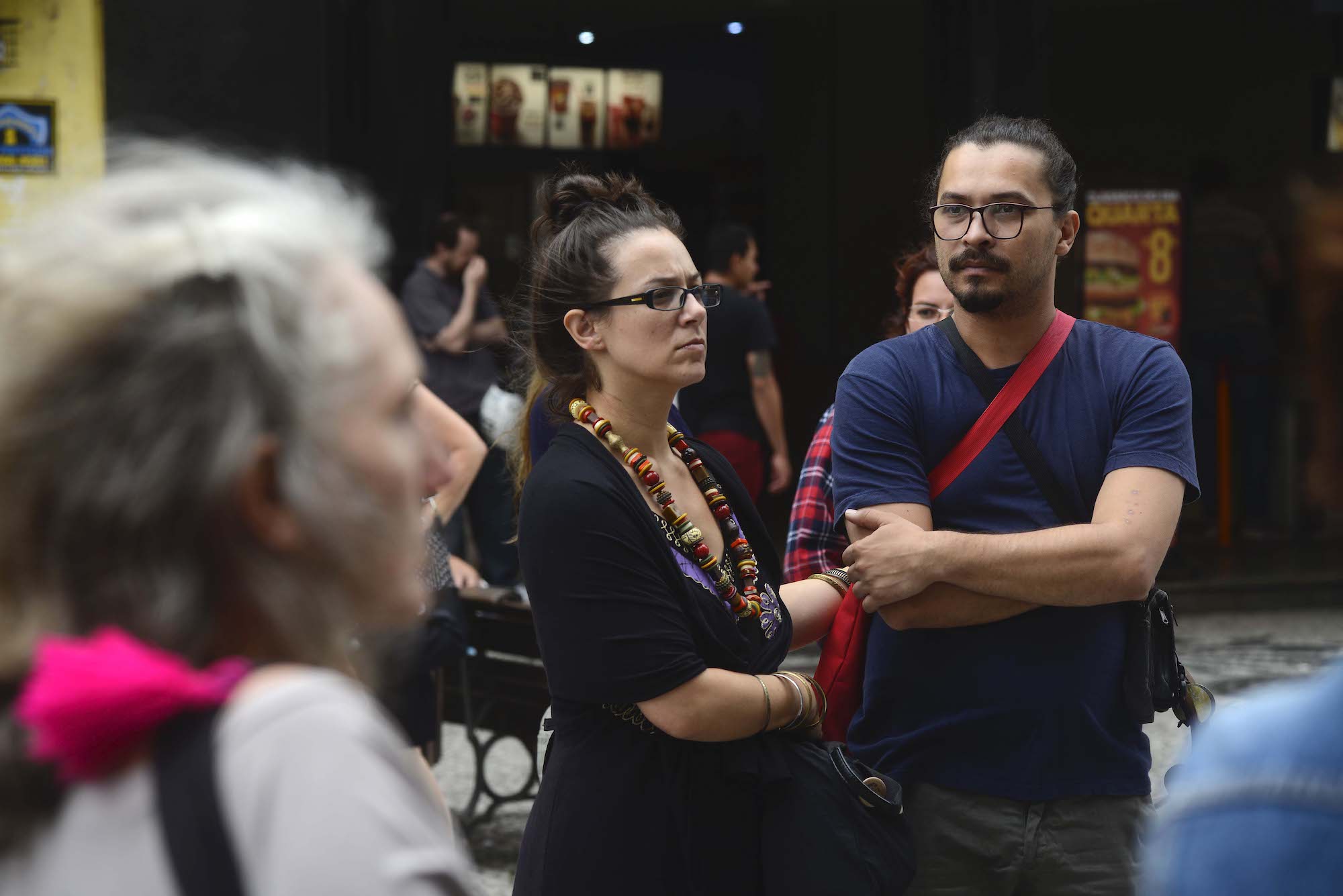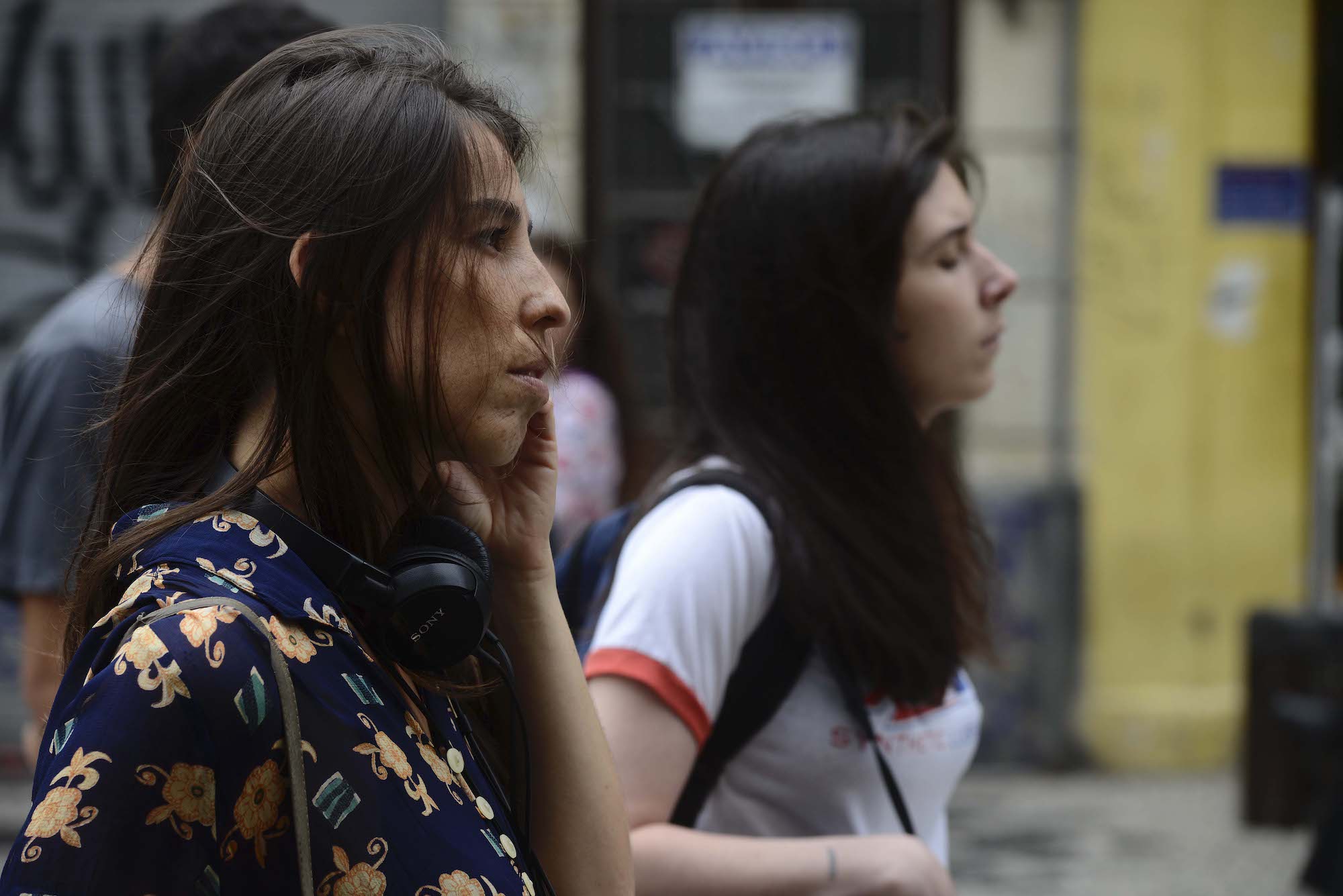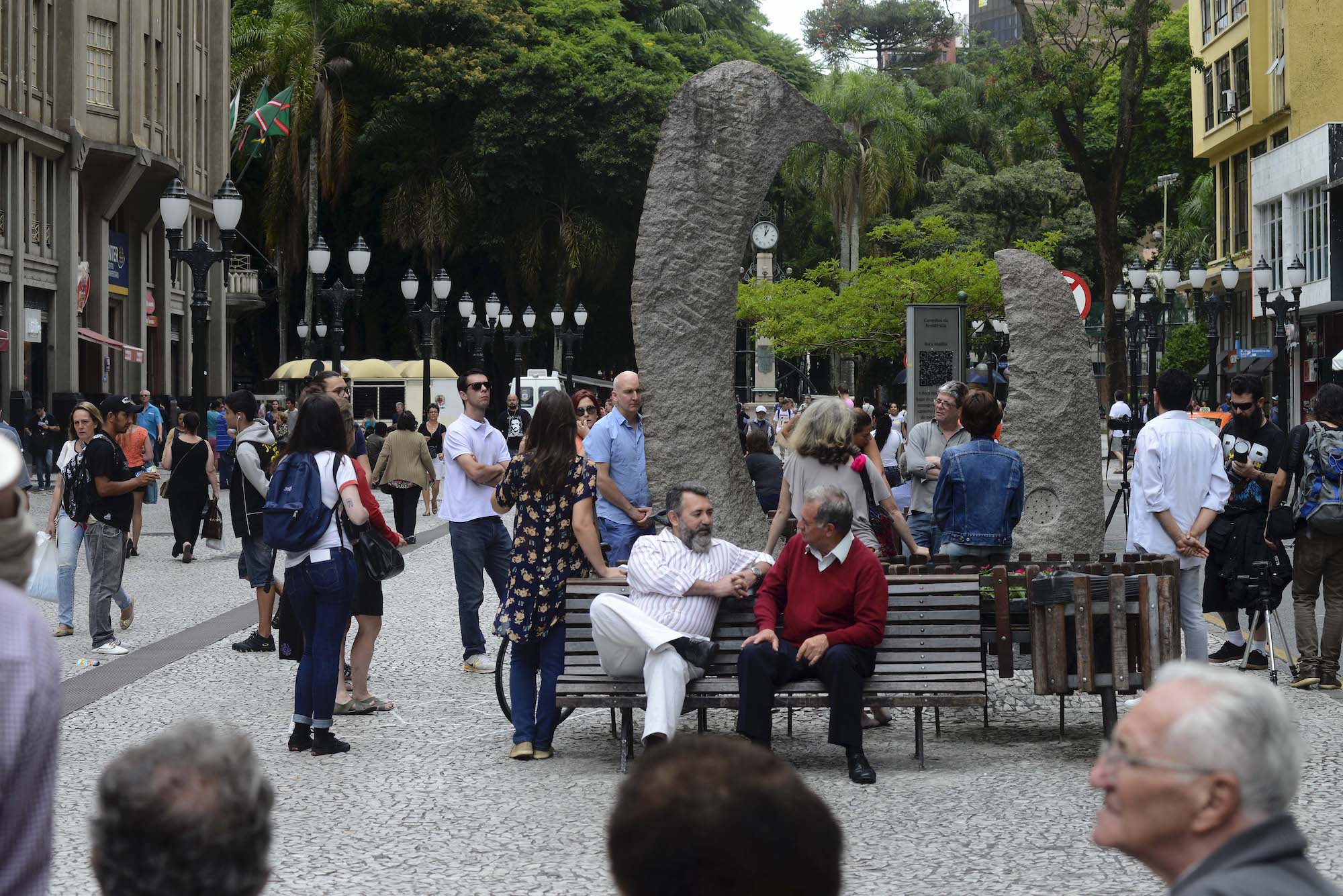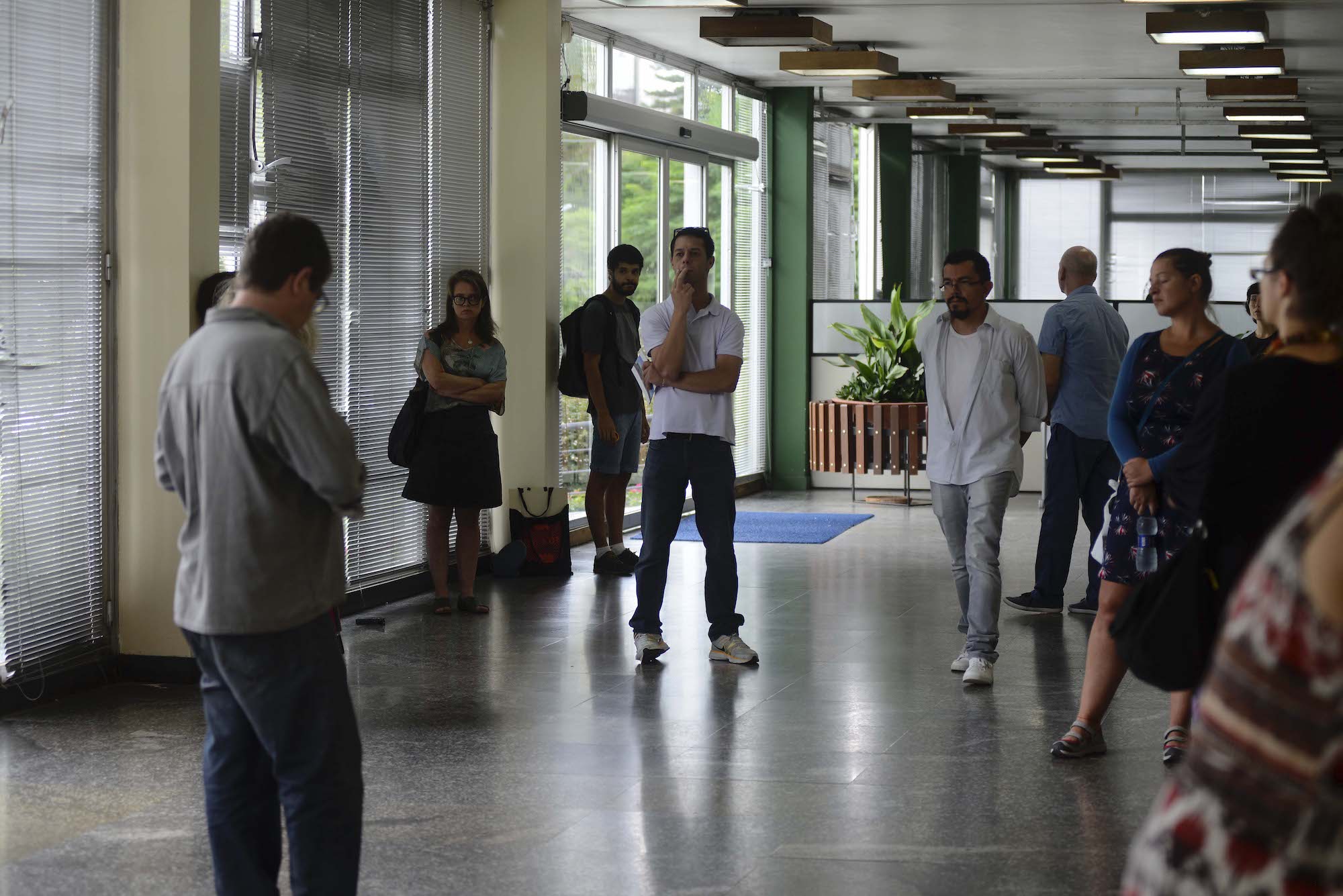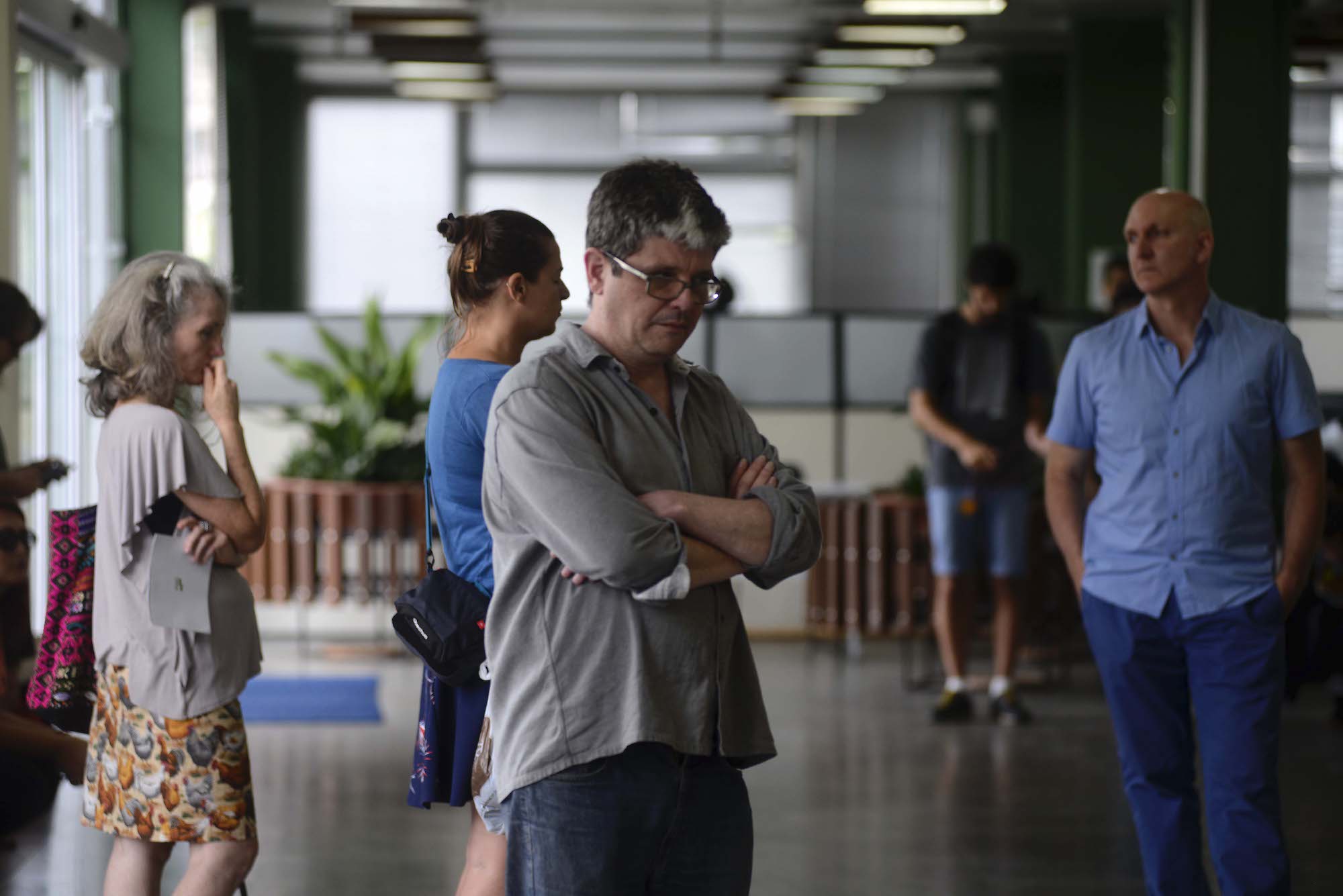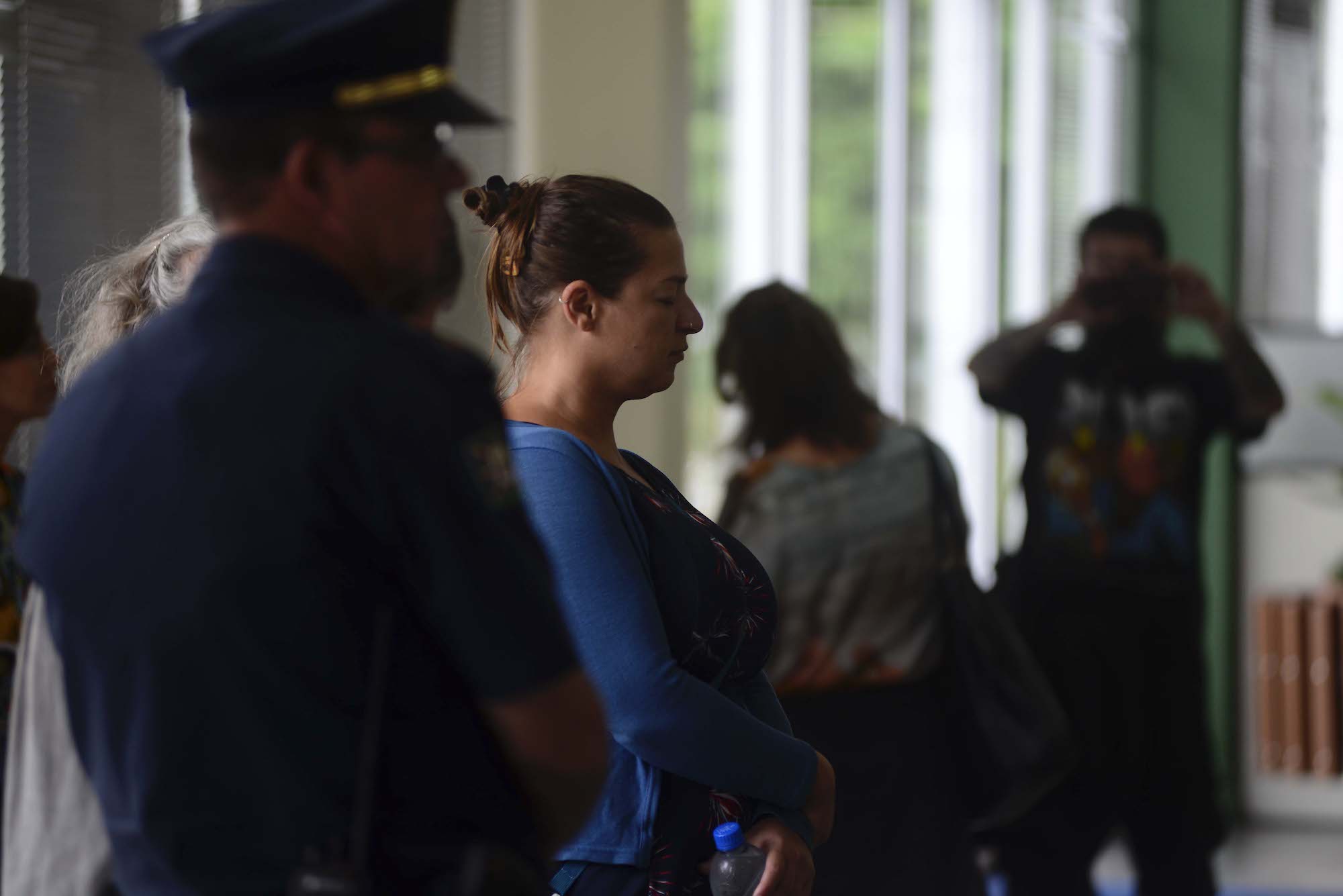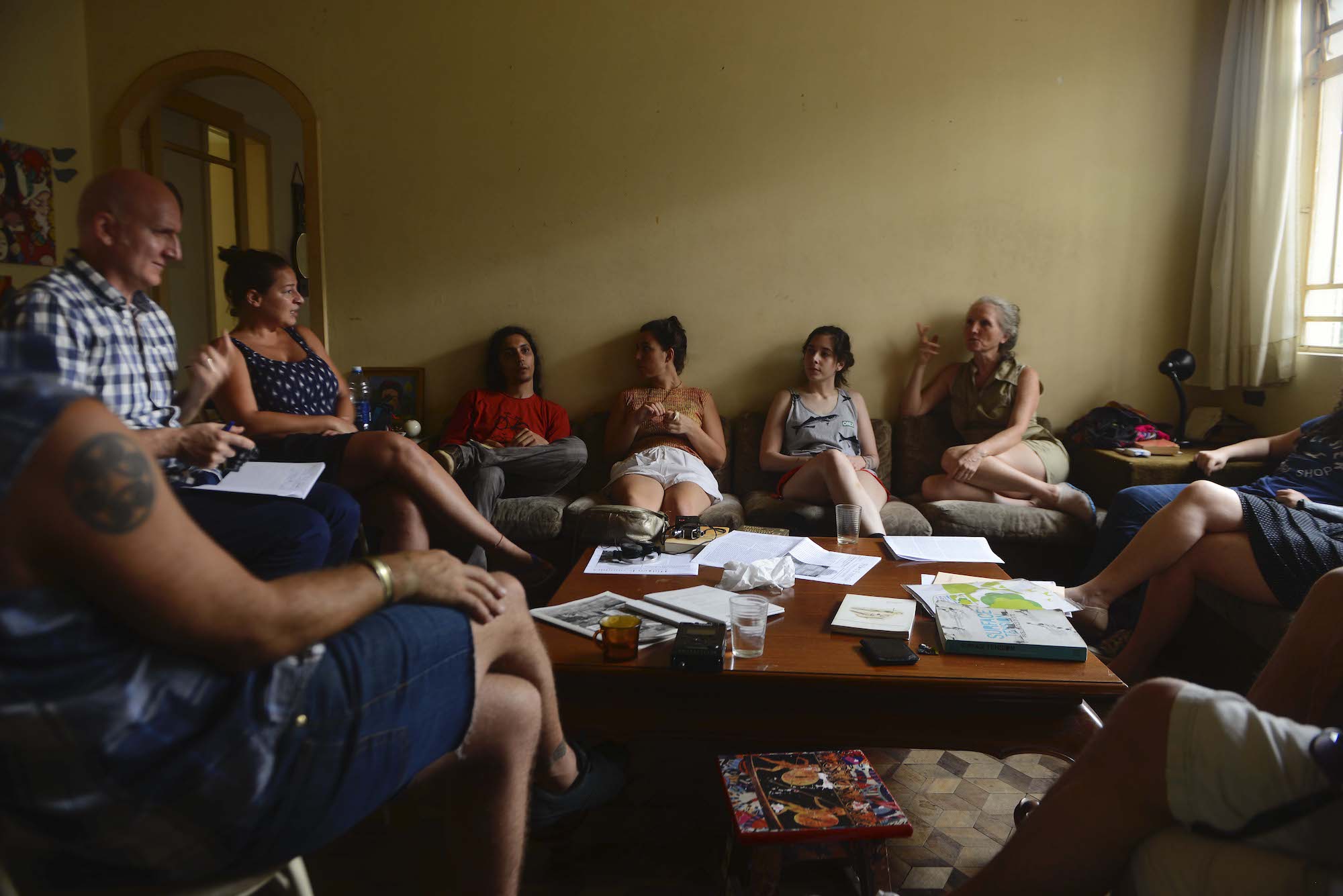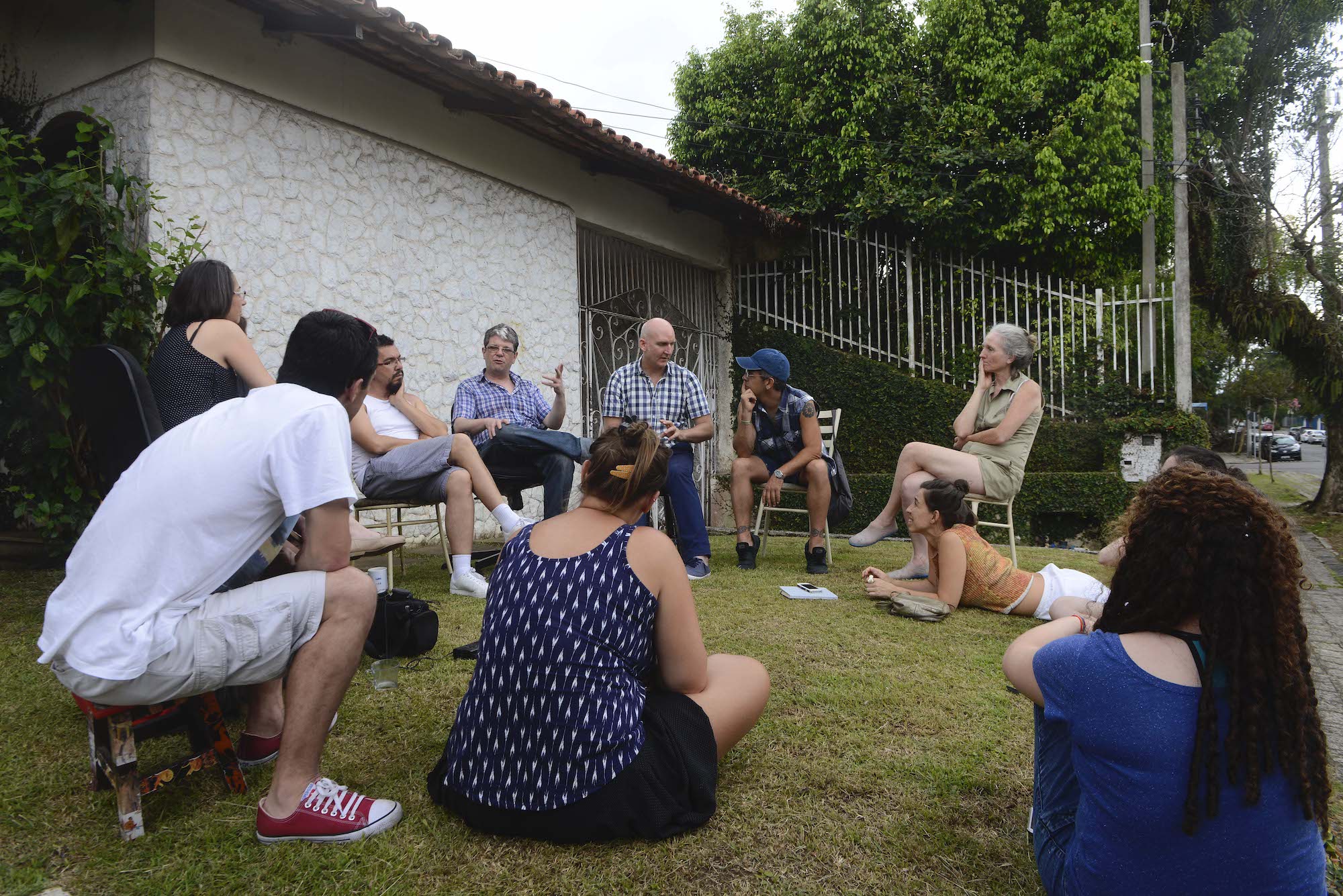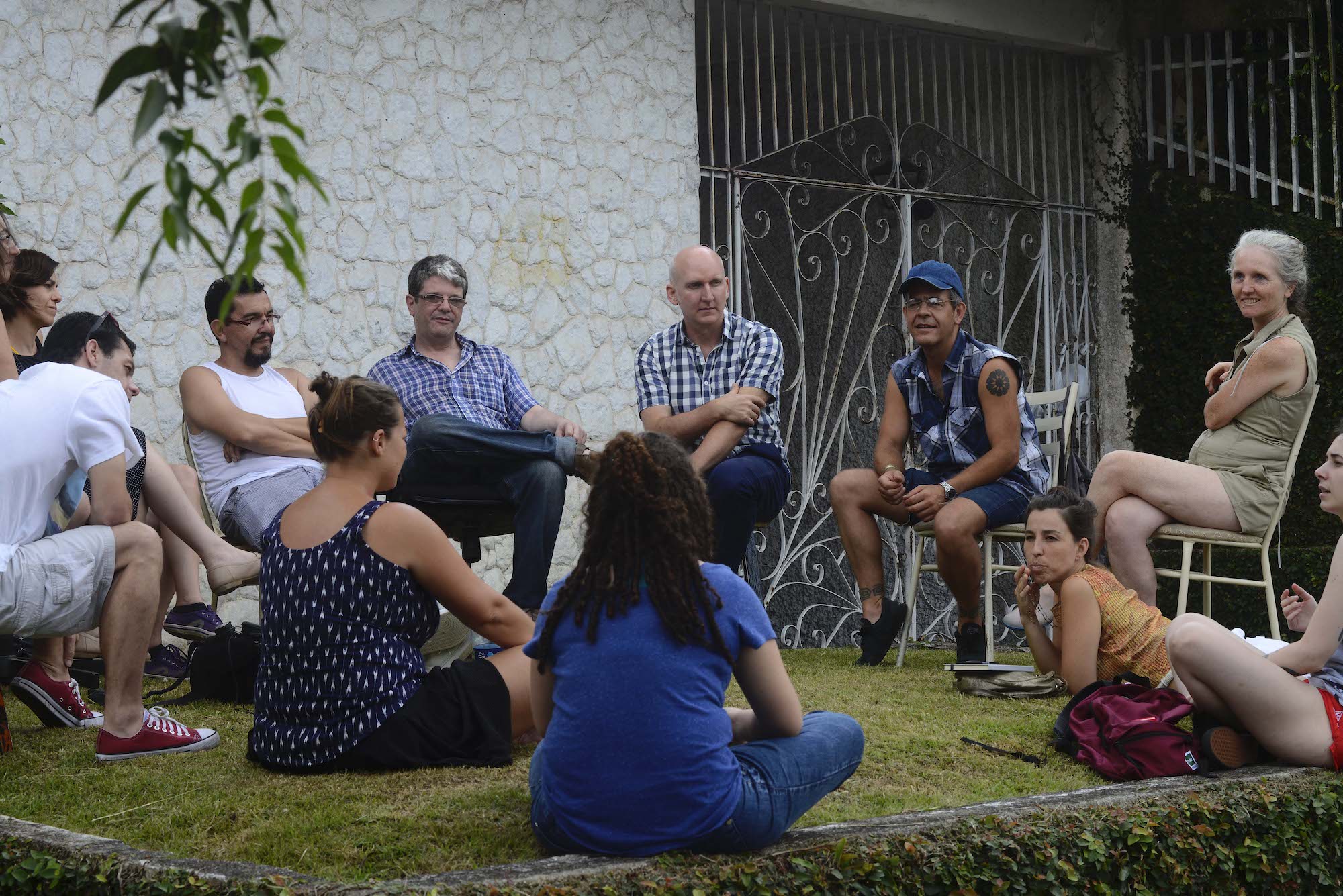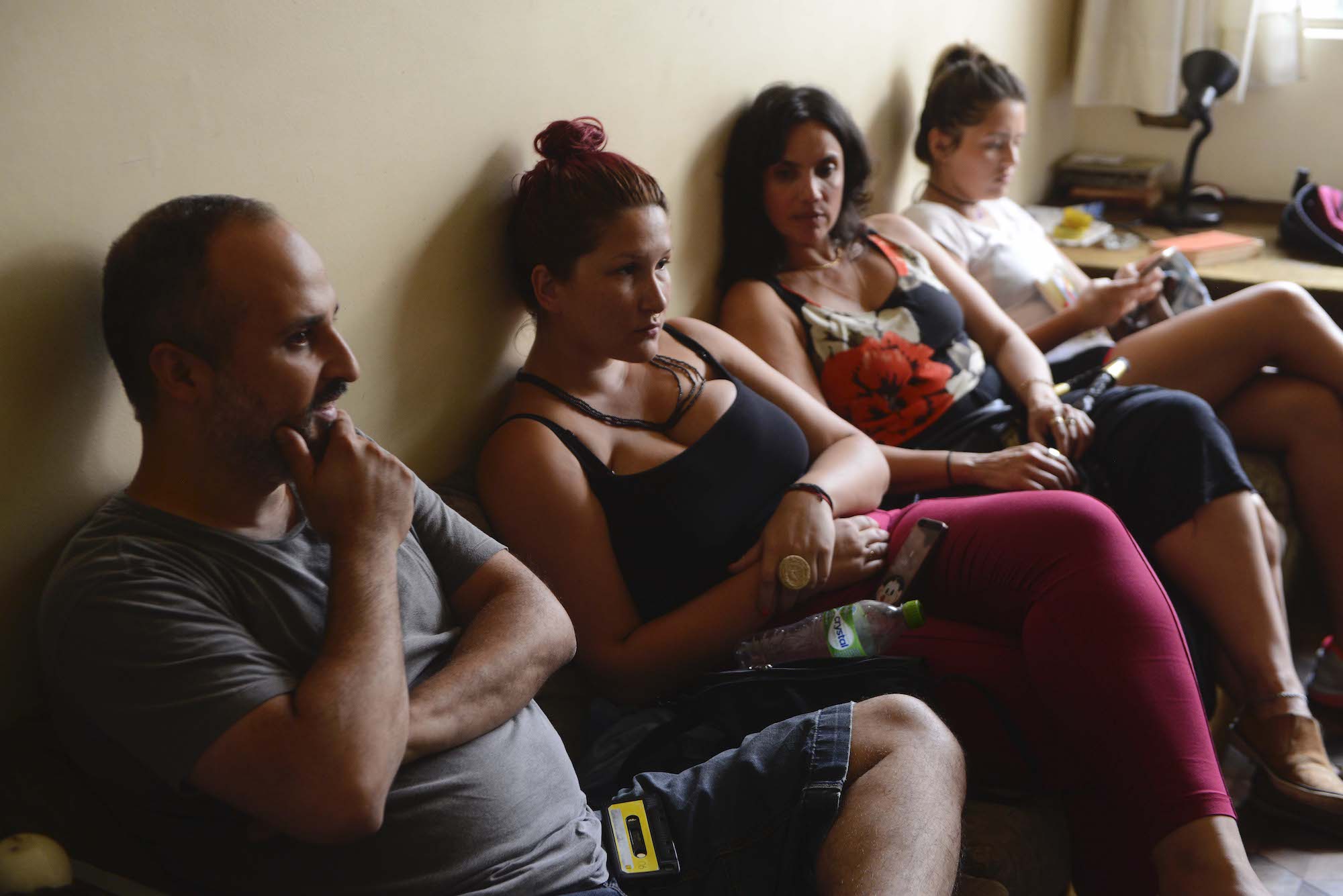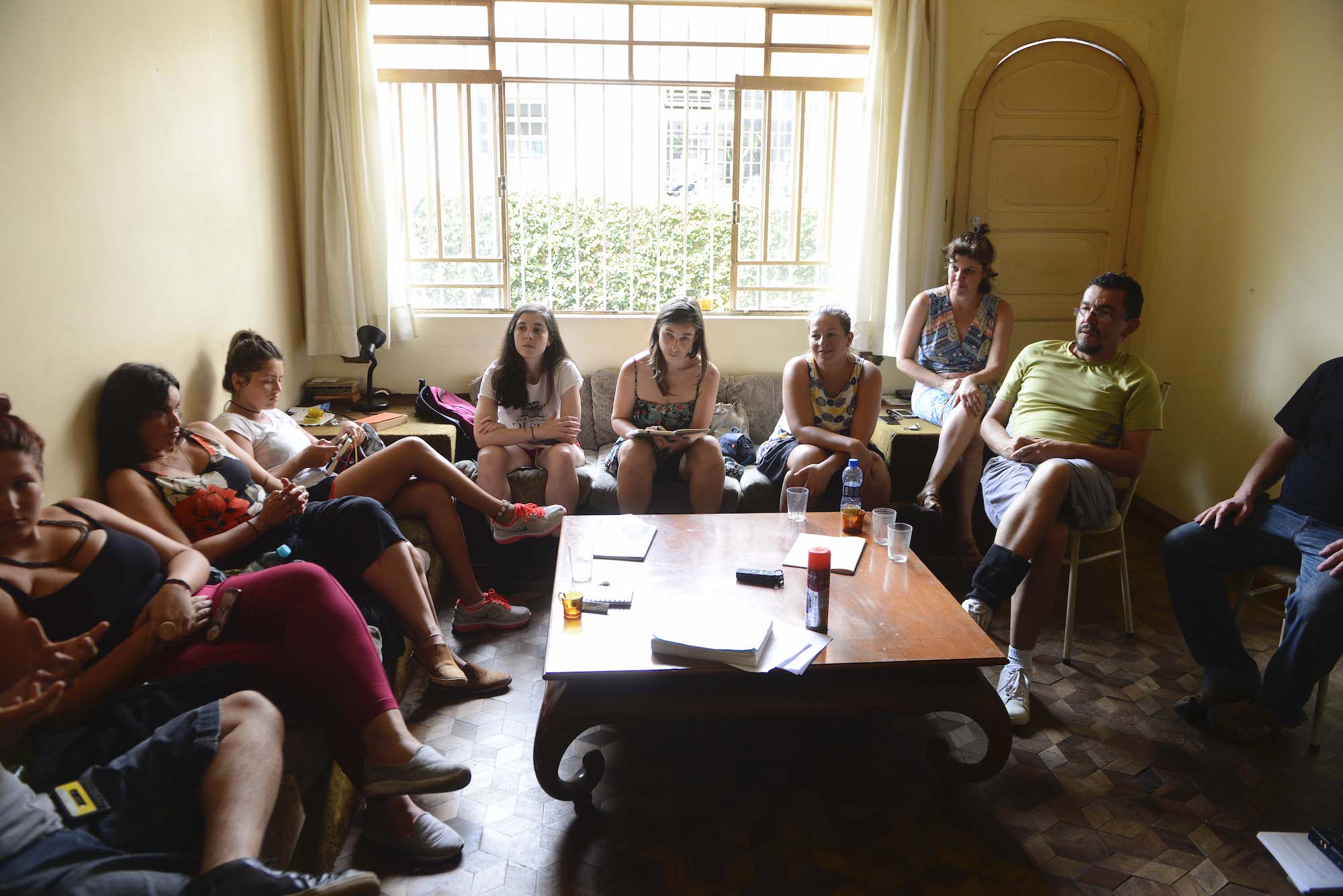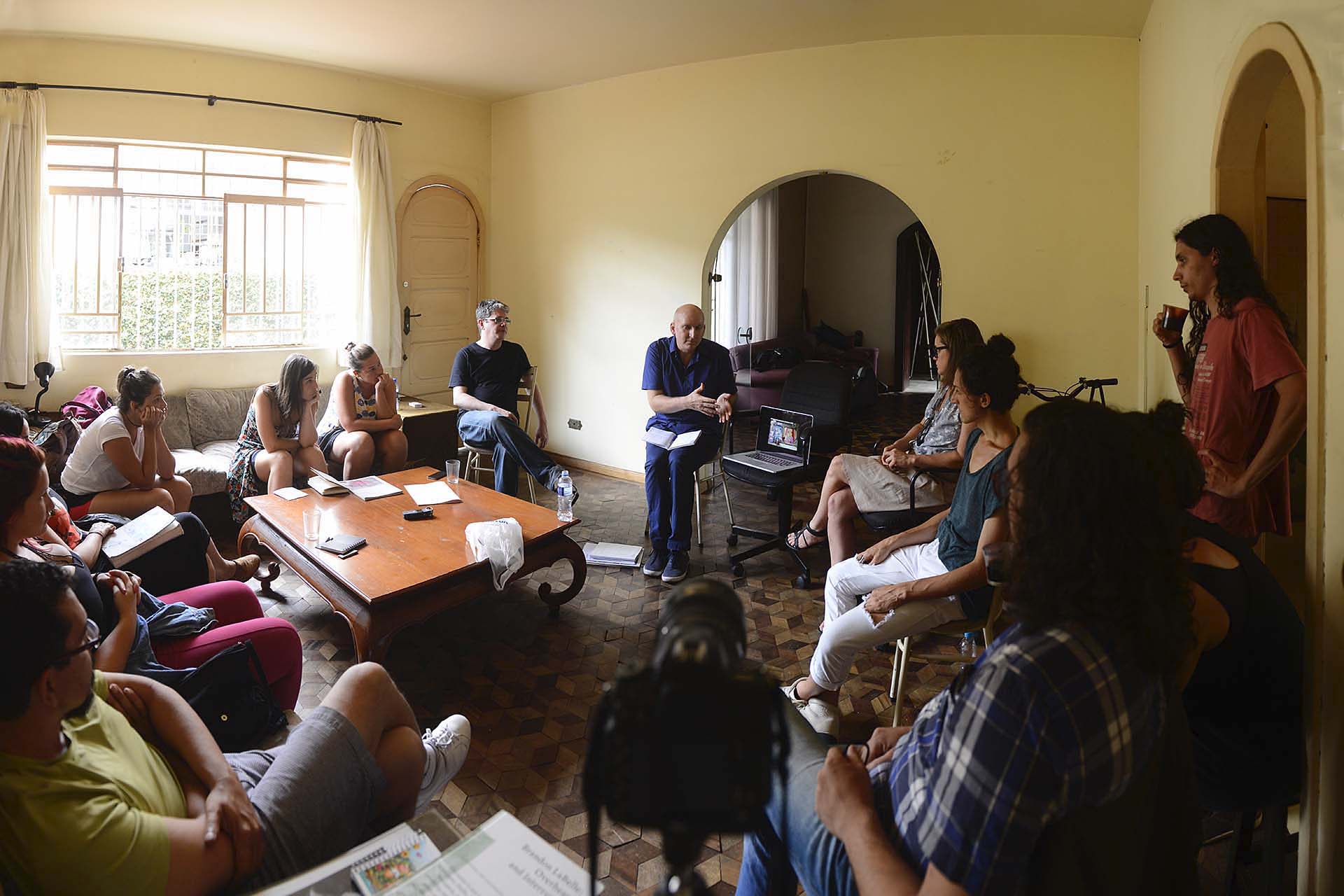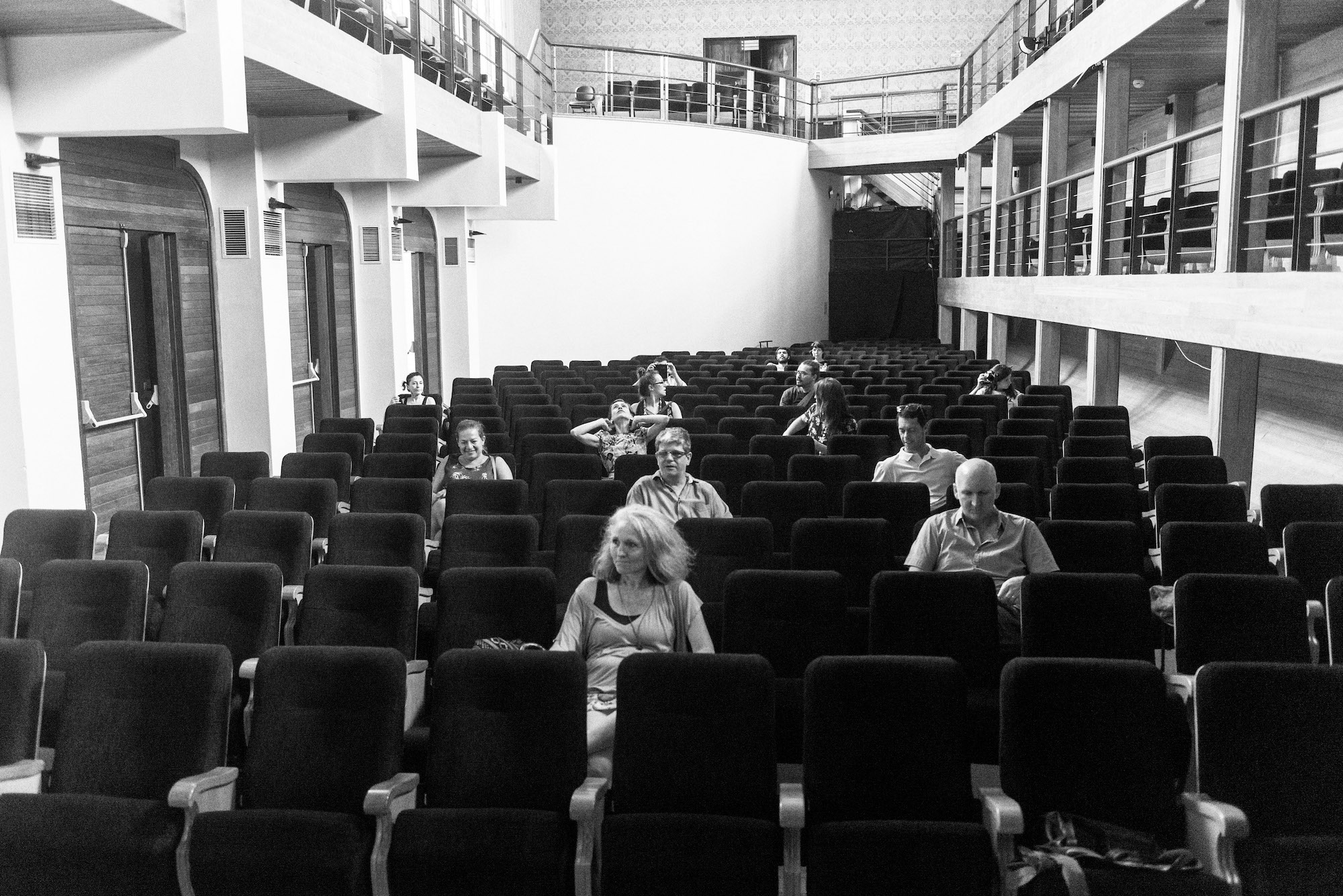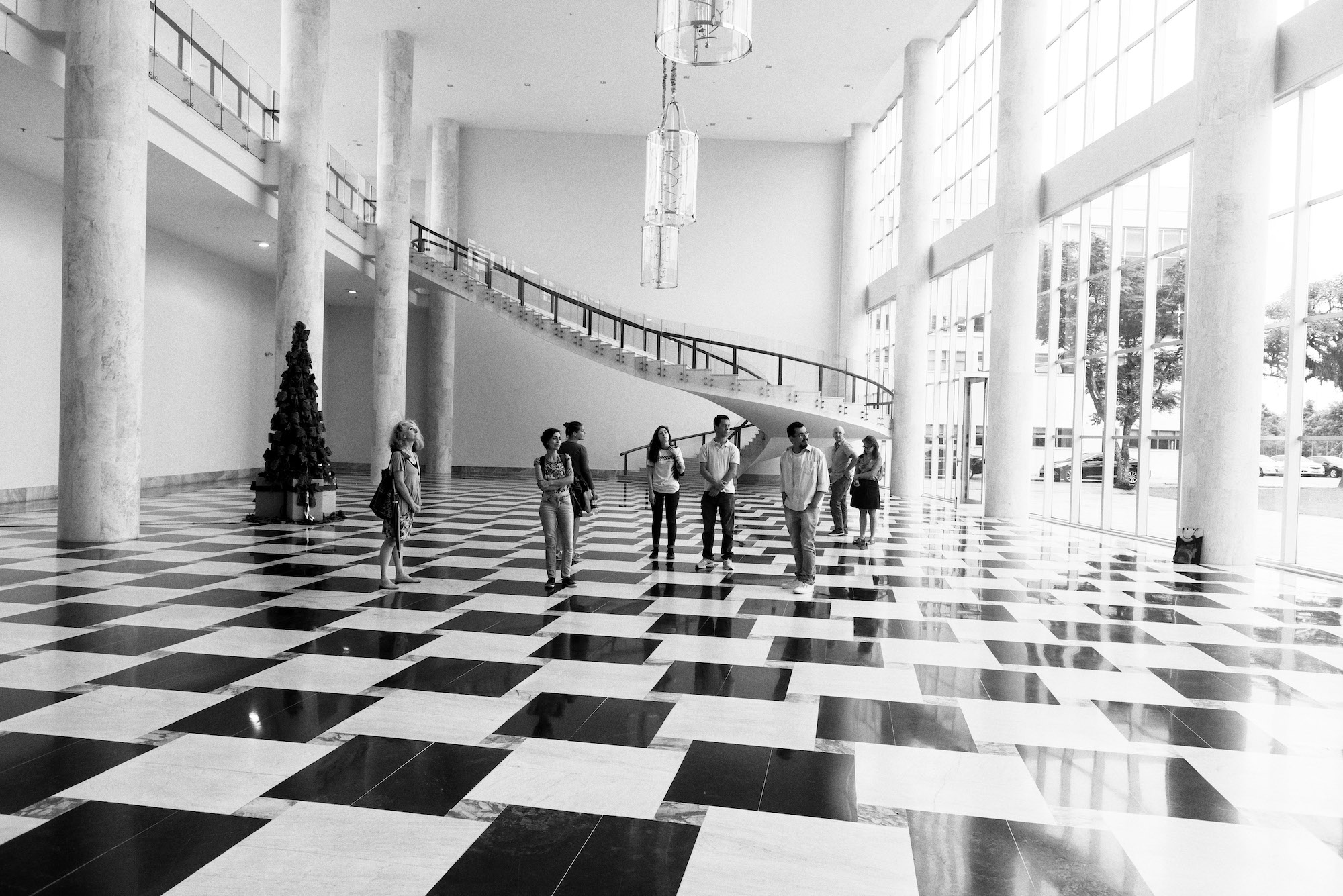With the recent cancellation of the Oficina de Música de Curitiba, after 34 years of active work, questions about culture and politics are brought forward, and how citizens may enact forms of resistance and autonomous projects. Through public actions, collective meetings, and creative methodologies, we’re interested to counter the cancellation through a spirit of festivity and critical celebration. This will take the form of an alternative workshop, under the heading Oficina de Autonomia. The Oficina is posed as an open and free situation, without a strict center or form of authorship, and from which to demonstrate an autonomous sensibility in support of imagining beyond established structures. How might musical knowledges be directed toward questions of social composition? Are there new understandings of public life to be found in experiences of the musical ensemble? If public life and relations with others are deeply shaped by listening, education in music is equally an education in tuning the ear toward those around us.
Taking place in January 2017 in the city of Curitiba, Brazil, the Oficina de Autonomia was organized and facilitated by Octavio Camargo and Brandon LaBelle, and acted as an open workshop held in the home of Octavio. Participants who were planning on attending the cancelled music summer school joined the Oficina, along with local musicians, artists, poets and actors.
The Oficina de Autonomia focused on questions of autonomous culture and how sound and listening may act to create public resistances and social solidarity. In particular, the Oficina set out to approach sound, and by extension music, as a vocabulary for relating to and intervening in the social and political dynamics of the city. A series of concepts were developed and discussed, drawing upon music and sonic experiences. These included: echo, vibration, rhythm, as well as the tonality of place, acoustic commons, and the freedom of listening. From this terminology we were able to build a framework for imagining and exploring tactics for countering the politics of austerity that are now prevalent.
After a period of of collective discussions and sharing ideas, we decided on an approach for relating to the city and the cancellation of the Oficina de Musica. Our idea was to perform acts of collective listening – listening strikes – at particular sites in the city related to the cancellation, as well as sites connected to our autonomous workshop. These included: Palacio do Governo, Prefeitura, Boca Maltida, Capela Santa Maria, and Atilio Borio, 603, a residential house where our meetings took place. At these sites, we gathered as a group and listened silently for fifteen minutes.
The act of listening together created a number of conditions and experiences, which moved us closer to understanding how sound may perform as the basis for collective formations and for nurturing the commons. Standing still as a group within particular sites acted as a suggestive performance, which caused people to pause and to wonder about our action. This enhanced the experience of giving attention to particular environments by widening the circle of involvement, drawing out the questions: What do we hear in this place, as well as what do we not hear? It became possible to describe each site according to certain power dynamics, of volume and silence, of reverberation and noise, of vibrations and tonalities. From such perspectives, listening started to operate as a method for tuning us toward the tonalities that are often defining the territories of private and public life, showing what is permissible to be sounded, or made resonant, and what is not. Such an experience gives an education on how to deepen and mobilize one’s listening, which we concluded can work to build spaces between people, shared spaces as well as to bring a type of “activism” into the places where voices attempt to speak and be heard.
Joining together acted as an interruption onto the particular sites and performed to counter the cancellation of the Oficina de Musica by mobilizing listening as the basis for cultural freedom. In this regard, the freedom of speech central to democratic society was countered by enacting the freedom of listening. Within the context of political dispute, and the often polarizing dynamic of contemporary media, acoustic knowledges and musical sensibilities may provide a key intervention on assisting how to listen to that which one may disagree with.
